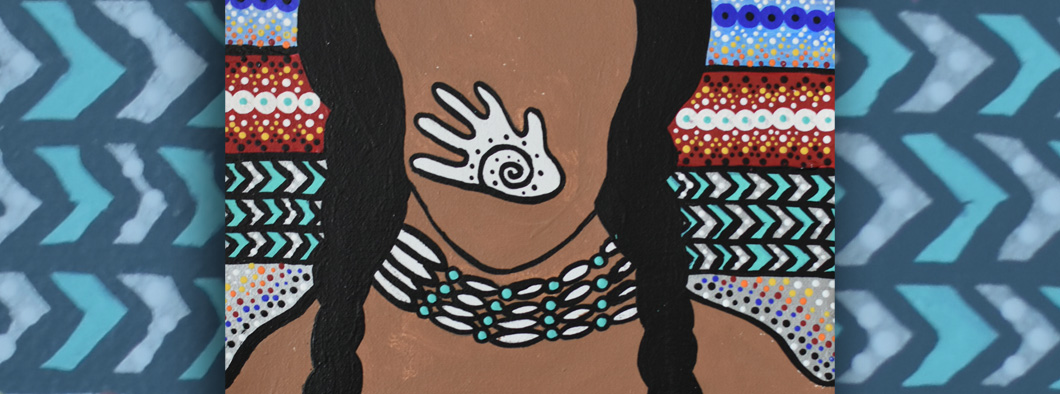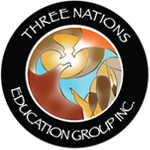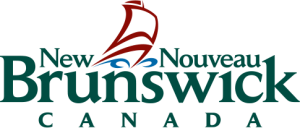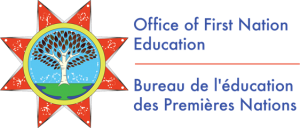Tan’n Tel-kisitasikl L’nue’kat’l
The Making of Reserves
Amsqahs Cepikapuwahsikpon Skicinuwihkuk
Theme:
Ta’n Tel-mimajultimk, Mawo’ltimk aqq Kɨpnno’lewey
Economic, Social and Political Life
Wetawsultiyeqpon, Mawehewakon naka Litposuwakon
Global Competencies
Critical Thinking and Problem Solving
- Learners engage in an inquiry process to solve problems, as well as acquire, process, interpret, synthesize, and critically analyze information to make informed decisions. (Activity 3)
- Learners see patterns, make connections, and transfer their learning from one situation to another, including real-world applications. (Activity 2)
- Learners analyze the functions and interconnections of social, ecological, and economic systems. (Activity 3)
- Learners formulate and express questions to further their understanding, thinking, and problem-solving. (Activity 1, 2 and 3)
Innovation, Creativity, and Entrepreneurship
- Learners formulate and express insightful questions and opinions to generate novel ideas. (Activity 3)
- Learners enhance concepts, ideas, or products through a creative process. (Activity 1)
Self-Awareness and Self-Management
- Learners develop a positive identity, sense of self, and purpose from their personal and cultural qualities. (Activity 2)
- Learners adapt to change and are resilient in adverse situations. (Activity 2)
- Learners are aware of, manage, and express their emotions, thoughts, and actions in order to understand themselves and others. (Activity 1 and 2)
- Learners accurately self-assess their current level of understanding or proficiency and advocate for support based on their strengths, needs, and how they learn best. (Activity 3)
Collaboration
- Learners participate in teams by establishing positive and respectful relationships, developing trust, and acting interdependently and with integrity. (Activity 3)
- Learners learn from and contribute to the learning of others by co-constructing knowledge, meaning, and content. (Activity 3)
- Learners assume various roles on the team, respect a diversity of perspectives, and address disagreements and manage conflict in a sensitive and constructive manner. (Activity 1)
- Learners demonstrate empathy for others in a variety of contexts. (Activity 2)
Communication
- Learners ask effective questions to create a shared communication culture, attend to understand all points of view, express their own opinions, and advocate for ideas. (Activity 1, 2 and 3)
Sustainability and Global Citizenship
- Learners understand the interconnectedness of social, ecological, and economic forces, and how they affect individuals, societies, and countries. (Activity 3)
- Learners recognize discrimination and promote principles of equity, human rights, and democratic participation. (Activity 1, 2 and 3)
- Learners understand Indigenous worldviews, traditions, values, customs, and knowledge. (Activity 1 and 3)
- Learners learn from and with diverse people, develop cross-cultural understanding, and understand the forces that affect individuals and societies. (Activity 1 and 2)
- Learners take actions and make responsible decisions that support social settings, natural environments, and quality of life for all, now and in the future. (Activity 1 and 2)
Curriculum Outcomes
English Language Arts
Specific Curriculum Outcomes
- 1. Explain and support personal ideas and opinions (Activity 2)
- 2. Give and follow precise instructions and respond to questions and directions (Activity 3)
- 3. Use and integrate the pragmatic, semantic, syntactic and graphophonic cueing systems; use a dictionary to determine word meaning in context (Activity 1 and 3)
- 5. Demonstrate understanding of how classification systems and basic reference materials are used to facilitate research (Activity 3)
- 5. Support their opinions about texts and features of types of texts (Activity 1, 2 and 3)
- 7. Respond critically to texts by applying strategies to analyze a text and by identifying opinions, prejudice, bias, and stereotyping (Activity 1, 2 and 3)
- 8. Expand appropriate note-taking strategies from a chart or diagram (Activity 2 and 3)
Health
Specific Curriculum Outcomes
- 3.2 Describe empathetic responses and their impact on interpersonal relationships (Activity 2)
Physical Education
Specific Curriculum Outcomes
- 2. Accept responsibility for various roles while participating in physical activity (Activity 1)
Social Studies
Specific Curriculum Outcomes
Students will be able to:
- 5.1.1 Develop an understanding of how we learn about the past (Activity 1, 2 and 3)
- 5.4.1 Demonstrate the understanding of the diverse societies of First Nations and Inuit in what later became Canada (Activity 1, 2 and 3)
- 5.5.1 Examine interactions between British, and French and First Nations and Inuit in what later became Atlantic Canada (Activity 1, 2 and 3)
- 5.4.2 Examine decision-making practices in First Nations and Inuit societies in what later became Atlantic Canada (Activity 1)
- 5.6.1 Illustrate the similarities and differences of early societies and your society (Activity 2 and 3)
Visual Arts
Specific Curriculum Outcomes
- 1. Visual Awareness – Practice and develop observation and memory skills (Activity 3)
- 2. Responding to Art – Recognize that a response to art involves feelings, understandings and knowledge, e.g., medium, subject matter and composition (Activity 3)
Associated Text Materials
Grade 5 – Investigating Past Societies*
- pp. 137–139 Reservations and reserves
* Although the textbook is titled “Investigating Past Societies”, it should be noted that it also deals with societies that exist now.





